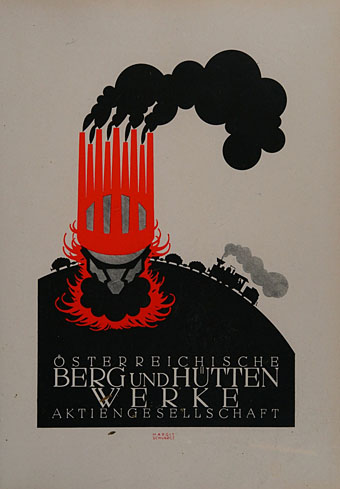
Margit Schwarcz, 1923.
From Art Nouveau (see previous post) to Deco…almost. These posters are more Austrian Moderne, or Plakatstil, most of them being too early for Art Deco which only became an identifiable trend in the mid-1920s. The design above by Margit Schwarcz appeared here last August when I wrote an appreciation of the weird fiction of Stefan Grabinski. Schwarcz’s poster had been reworked as a cover for The Motion Demon, a collection of Grabinski’s rail stories, and I wanted to see the original. The same design appears in Poster Art in Vienna (1923), an introduction to work from the Julius Klinger school of poster art which seems to have been produced to promote the work of the Klinger artists (and Klinger himself) in the USA. The Schwarcz poster is very typical of the Klinger style, with bold shapes, bright inks, spiky serifs and cartoon-like drawings. Klinger’s earlier illustration work was very much in the post-Beardsley style, albeit with a similar cartoon-like approach, so there’s a trace of Beardsley still present in some of the figures.
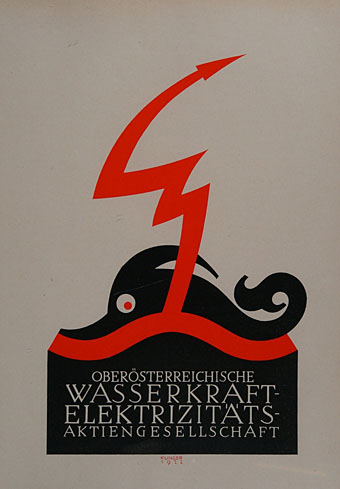
Julius Klinger, 1922.
This is a great book even if it provokes the melancholy thoughts that tend to arise when looking at something bright and inventive from Austria or Germany in the 1920s. I always find myself wondering how the artists fared during the storm of Nazism and war that would bear down on them in the following decade. Klinger was Jewish, and didn’t manage to escape to his beloved America; he was prevented from working after 1938, and was killed in Belarus in 1942. His name lives on in the Julius Klinger fonts which were based on his type designs. More of Klinger’s poster and illustration work may be seen at Vienna Secession.
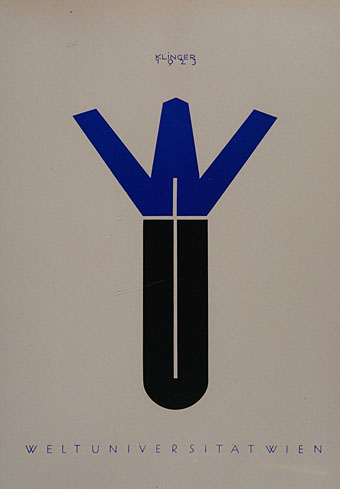
Julius Klinger, 1923.
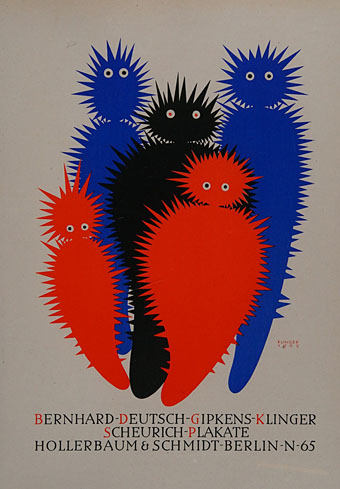
Julius Klinger, 1909.
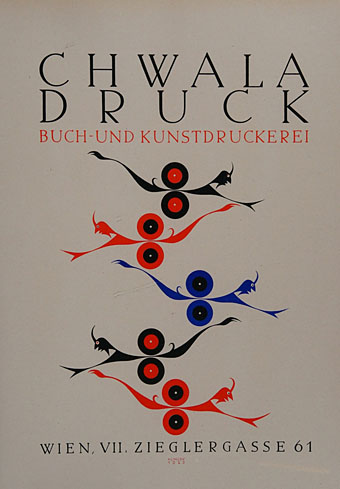
Julius Klinger, 1923.
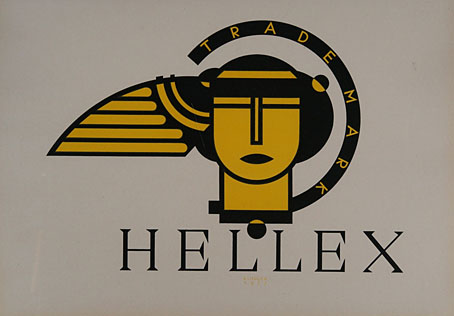
Julius Klinger, 1923.
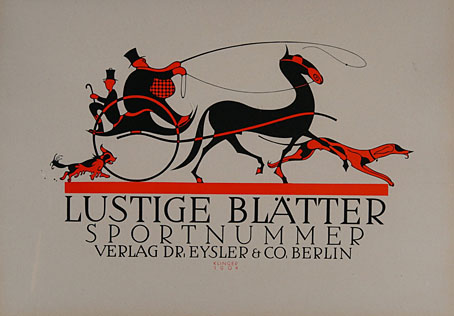
Julius Klinger, 1904.
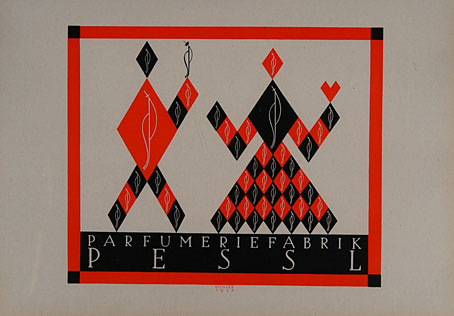
Julius Klinger, 1923.
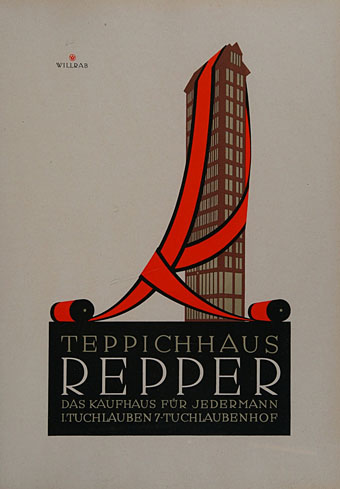
Willrab.
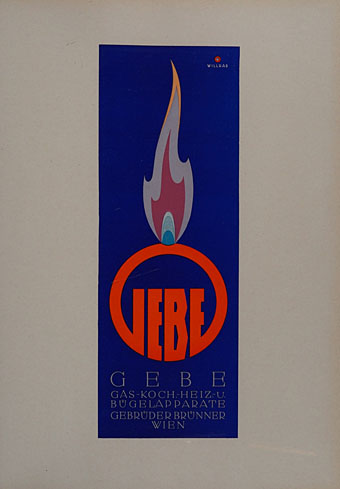
Willrab.
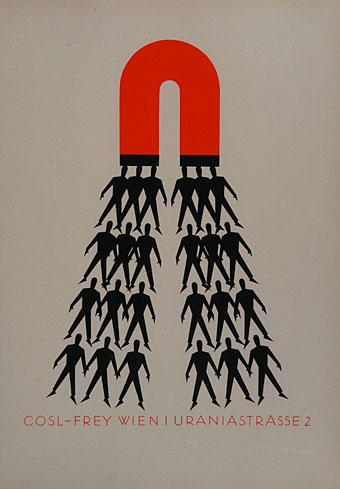
Cosl-Frey.
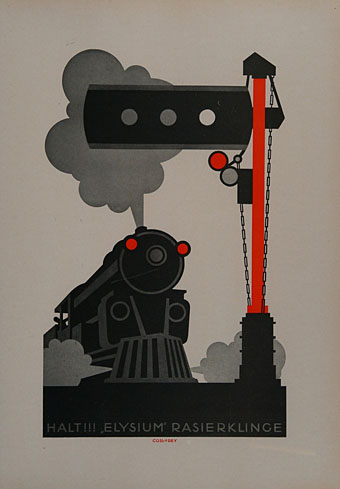
Cosl-Frey.
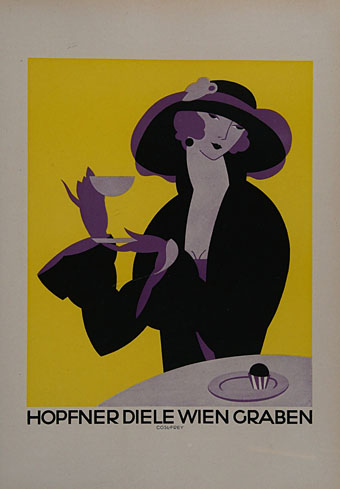
Cosl-Frey.
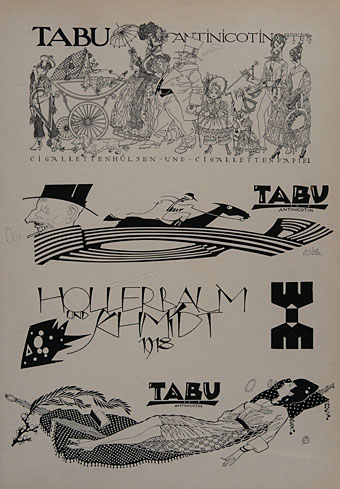
Julius Klinger.
Previously on { feuilleton }
• American Art Posters of the 1890s
• Posters: A Critical Study, 1913
• Julius Klinger’s Sodom
• Deutsche Kunst und Dekoration #21
• Julius Klinger’s Salomé
